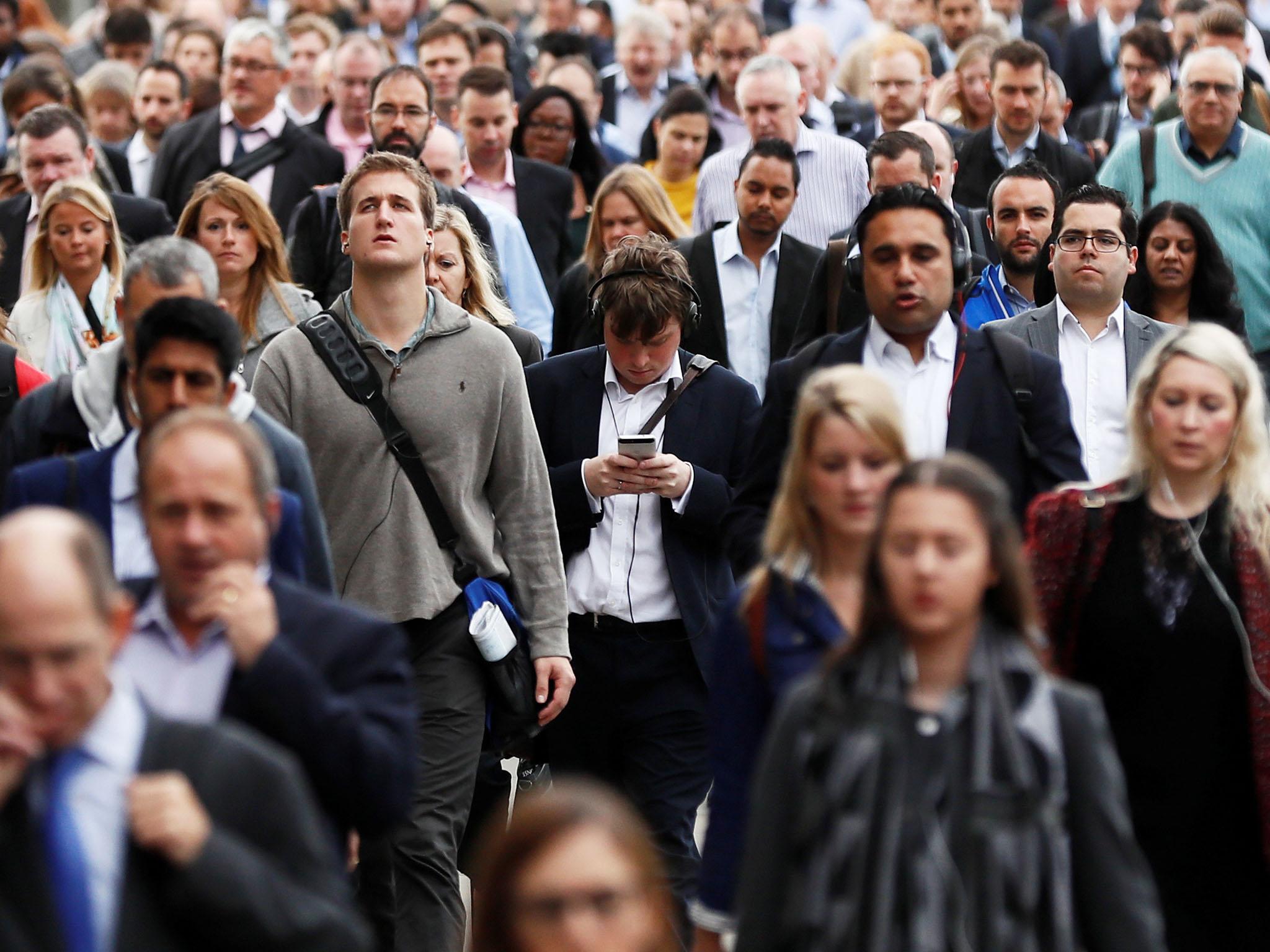Three in five Brits admit using their mobile phones to get out of awkward social situations
In a typical year, mobile phones will save the average user from 187 socially-difficult circumstances

Your support helps us to tell the story
From reproductive rights to climate change to Big Tech, The Independent is on the ground when the story is developing. Whether it's investigating the financials of Elon Musk's pro-Trump PAC or producing our latest documentary, 'The A Word', which shines a light on the American women fighting for reproductive rights, we know how important it is to parse out the facts from the messaging.
At such a critical moment in US history, we need reporters on the ground. Your donation allows us to keep sending journalists to speak to both sides of the story.
The Independent is trusted by Americans across the entire political spectrum. And unlike many other quality news outlets, we choose not to lock Americans out of our reporting and analysis with paywalls. We believe quality journalism should be available to everyone, paid for by those who can afford it.
Your support makes all the difference.Millions of Britons are using their smartphones as a way to avoid awkward situations, a study found.
According to research three in five blushing mobile users have attempted to disappear behind a device when an embarrassing situation has arisen.
It also emerged in a typical year mobile phones will save the average user from 187 socially-difficult circumstances.
That tots up to more than 12 hours a year where our phones are used as embarrassment buffers.
Greg Tatton-Brown from Online Casino Casumo.com, which commissioned the study, said: "Our mobile phones are more than an organisational tool or an enhancer to our social lives. We also reach out for them when in need of some online entertainment or distraction.
"More than ever our devices provide us with a barrier from the real world when we need it.
"As well as occupying us when we are bored or keeping us connected to one another, our phones offer us a world to escape into – or at least provide us with a reasonable excuse to duck out of tough social situations."
Britons are most likely to reach for their phones while riding public transport to avoid eye contact with other commuters, and 17 per cent will make it clear they are on their phone when riding in a taxi so the driver won’t try to strike up a conversation.
Thirty four per cent will feel the temptation to lower their eyes to their phone when riding a crowded lift to break the tension, and a fifth check their notifications while patiently waiting to use a public toilet.
Three in five smartphone users would consider breaking out their mobile in the middle of a heated argument in order to take a breather from the situation, and one in two would resort to a scroll if a first date wasn’t going quite as planned.
For two in five anxious people checking their phone is the first thing they’d do to sidestep awkwardness.
When instinctively searching for a way to avoid an uncomfortable situation, people are most likely to default to checking their emails, followed by their text messages and Facebook notifications.
One in seven will fire up a mobile game to look busy and 15 per cent will open their web browser, even if they can’t think of anything to search.
Failing that nearly a third opt for staring blankly into the middle distance to pretend the whole state of affairs isn’t happening at all, and a quarter look down at their feet.
Twenty seven per cent of particularly antisocial mobile users have worn their mobile’s earphones – even when music wasn’t playing – in order to dissuade people from interacting with them.
And one in four have pretended to check their phone when the device was turned off or out of battery.
To up the cringe factor another notch, almost one in seven have been called out on their mobile-gazing behaviour by the person they were trying to avoid.
Almost nine in 10 Britons think the ubiquity of mobile phones has led to a decrease in face to face social interaction, and seven in 10 think we have become too dependent on our phones as a crutch in social situations.
SWNS
Join our commenting forum
Join thought-provoking conversations, follow other Independent readers and see their replies
Comments